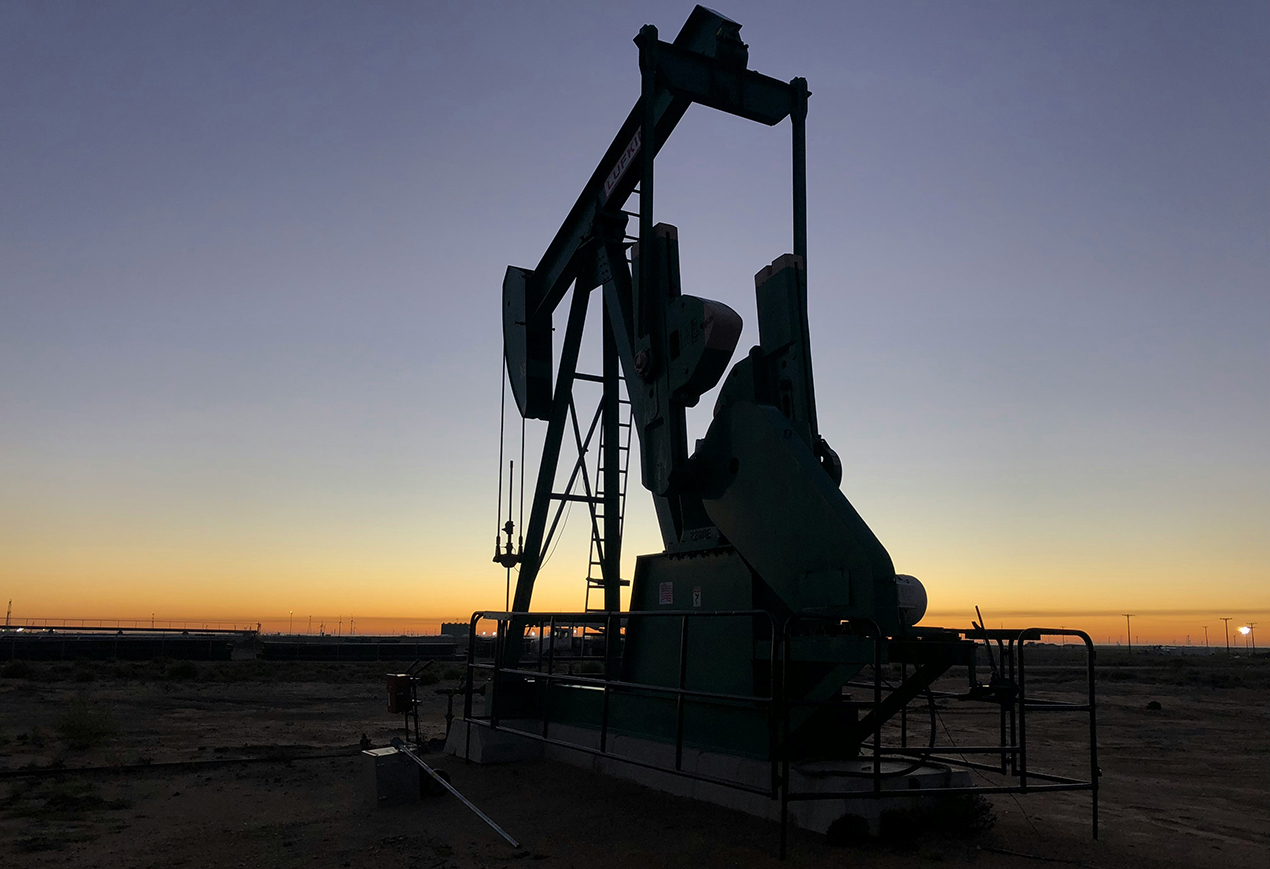News
India Hosts Asia Petroleum Summit, Energy Diplomacy Enters Harvest Stage
India has been troubled by energy security for many years. In order to ensure energy security and play a more important role on the world stage, India has carried out a series of fruitful energy diplomacy activities in recent years. Public opinion believes that energy diplomacy has become the top priority of India's economic diplomacy and has begun to enter the harvest stage.
India has just successfully hosted what is
known as the first "Asian Oil Summit". During the meeting, Indian
Petroleum and Natural Gas Minister Aiyar consulted with the oil ministers of
major oil producing and consuming countries in Asia on issues such as jointly
establishing the Asian oil market, strengthening oil exploration cooperation,
and negotiating energy imports, and achieved positive results.
Among them, a 25-year LNG cooperation
agreement signed between India and Iran is particularly eye-catching. According
to the agreement between the two parties, India plans to import 7.5 million
tons of liquefied natural gas from Iran every year. At the same time, Iran also
decided to sell 20% of its shares to allow India to participate in the
development of one of its major oil fields. In addition, the much-watched
Iran-Pakistan-India natural gas pipeline project is also expected to make
progress.
In addition, on the eve of the "Asian
Petroleum Summit", Saudi Arabia's Minister of Petroleum and Mineral
Resources Naimi proposed to India to build a refinery with Indian companies and
invited Indian companies to bid for its next round of natural gas exploration
contracts. Public opinion believes that this move shows that Saudi Arabia's
strategic focus has begun to shift to the "vast" and "rapidly
growing" Indian market. The head of Saudi Arabian Oil Co. will visit New
Delhi within this month and work out the details with Oil and Gas Corporation
of India and Indian Oil Corporation.
India and Russia have also maintained close
cooperation in the energy field. India knows very well that in order to ensure
stable energy supply, it is unrealistic to rely solely on West Asia. In October
last year, during his visit to Russia, Aiyar stated that India would seek to
establish a strategic energy alliance with Russia. He believes that
establishing a strategic energy alliance with Russia is crucial to India's
energy security and national security.
Efforts to diversify crude oil import
channels are also one of India's important strategic measures to ensure energy
security. At present, India has obtained shares in oil and gas exploration or
exploration projects in Russia, Sudan, Vietnam, Myanmar, Libya and other
countries, with a total investment of US$3 billion. India also plans to invest
US$1 billion annually in oil and gas projects in the Middle East, Central Asia,
North Africa, Southeast Asia and Latin America by 2015. In addition, India has
also established a mechanism for consultation and coordination on energy issues
with major oil importing countries such as the United States, Japan, and
Germany.
Energy shortage has always been a serious
concern for India. It is estimated that if new oil fields cannot be discovered
early, India's current domestic proven oil reserves can only be used until
2016. Compared with the current situation of scarcity of oil resources, India's
average daily oil consumption reaches more than 2 million barrels, of which 70%
depends on imports. Experts believe that with the expansion of economic scale,
the energy gap will gradually increase and the degree of dependence on foreign
countries will continue to deepen. Energy security has become a hidden danger
to India's national economic security.
India believes that to ensure energy
security, it must strengthen cooperation with relevant countries and create a
good atmosphere for its economic construction. It is especially important to
strengthen exchanges and dialogue with Asian countries such as China, South
Korea and Japan to form a " Pan-Asia" unity to achieve the goal of
common energy security.
Public opinion believes that the purpose of India's energy diplomacy is not entirely to find new energy sources for the country, but also hopes to play an important role in building a new energy architecture for the world. As the rise in international crude oil prices puts increasing pressure on the national economy, the Indian government will become more active in energy diplomacy. This will also become a distinctive feature of India's diplomacy for a long time to come.

RELATED NEWS
- The French Government is Planning to Offer a 10,000 Euro Incentive for Buying El
- International Oil Prices Rise 3% in Two Days
- The U.S. Rules Out Dumping and Subsidies for Crystalline Silicon Photovoltaic Ce
- Iran Begins Swapping Crude Oil with Iraq
- Offline Promotion of Energy-saving Solutions is in Full Swing
